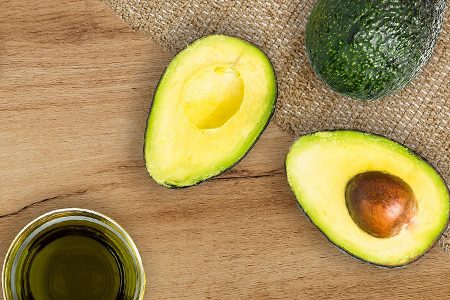Really lemon lowers blood sugar? Juicy and with a particularly sour flavour, the lemon it can be consumed in different ways. You can drink the freshly squeezed juice or use it together with the zest and pulp in dishes and dishes. Thanks to its particular aroma, this fruit is a real natural flavor enhancer. «Lemon adds flavor and at the same time allows us to reduce the use of other condiments which, in excess, increase health risks, explains the nutritionist Valentina Schirò, specializing in food science. «It also boasts an appreciable content of water, antioxidants, including flavonoids such as hesperidin and mineral salts, especially potassium. The organic acids it is rich in, including ascorbic and citric acids, are capable of improving the assimilation of some nutrients. «For example, they facilitate the absorption of heme iron present in foods of animal origin such as meat and fish and are capable of even doubling that of “non-heme” iron found in foods of plant origin such as whole grains, legumes including beans, vegetables, especially rocket, broccoli and artichokes.” In recent years several studies have focused on the properties of this fruit, in particular slow down the assimilation of sugars into the blood and consequently to have beneficial effects in the fight against the onset of type 2 diabetes and insulin resistance. So, returning to the initial question: does lemon really lower blood sugar? Here’s what’s true.
What the studies say
«Lemon is a fruit that can be consumed by those with alterations in sugar metabolism, for example in cases of diabetes. In fact, it has a reduced content of sugars that are easily assimilated by the body”, explains nutritionist Valentina Schirò. «The studies that have highlighted the benefits of this fruit in lowering blood sugar levels have mostly been conducted in vitro and in relation to the consumption of starches. In one study conducted on humans, a team of experts has highlighted that the consumption of its juice is able to reduce the body’s glycemic response to the glucose that is released by the consumption of bread starch, significantly lowering the average peak concentration of blood glucose by 30% and delaying it by more than 35 minutes. Another study highlighted that the consumption of lemon juice is able to lower the glycemic response and increase both gastric secretions and the speed of emptying. Although these studies both conducted on humans have highlighted the benefits of lemon juice, at the moment the evidence available in the scientific literature is still little and therefore insufficient to be able to recommend lemon for lowering blood sugar.”
What real benefits does lemon have
Lemon is a fruit that is an ally for figure and health. It is therefore perfectly fine to use it in dishes and dishes, but it is better to avoid gorging on it. «Excessive consumption of lemon is associated witherosion of tooth enamel and in case of reflux and stomach acid problems it can worsen the discomfort due to the richness of acids”, says the expert. The juice of this fruit as well as the zest and pulp are excellent for reducing the use of salt and sauces rich in sugar and fat, the consumption of which is associated with various health problems. But the benefits also depend on what is consumed in the meal. «For example, consuming a salad seasoned with lemon juice in a meal rich in refined carbohydrates and with a high glycemic index such as rice, pizza or boiled potatoes does not have miraculous effects on blood sugar. The same applies if you use lemon in sweets or desserts, rich in rapidly absorbed sugars. So lemon, although rich in beneficial properties, does not lower blood sugar, as is often believed.”


